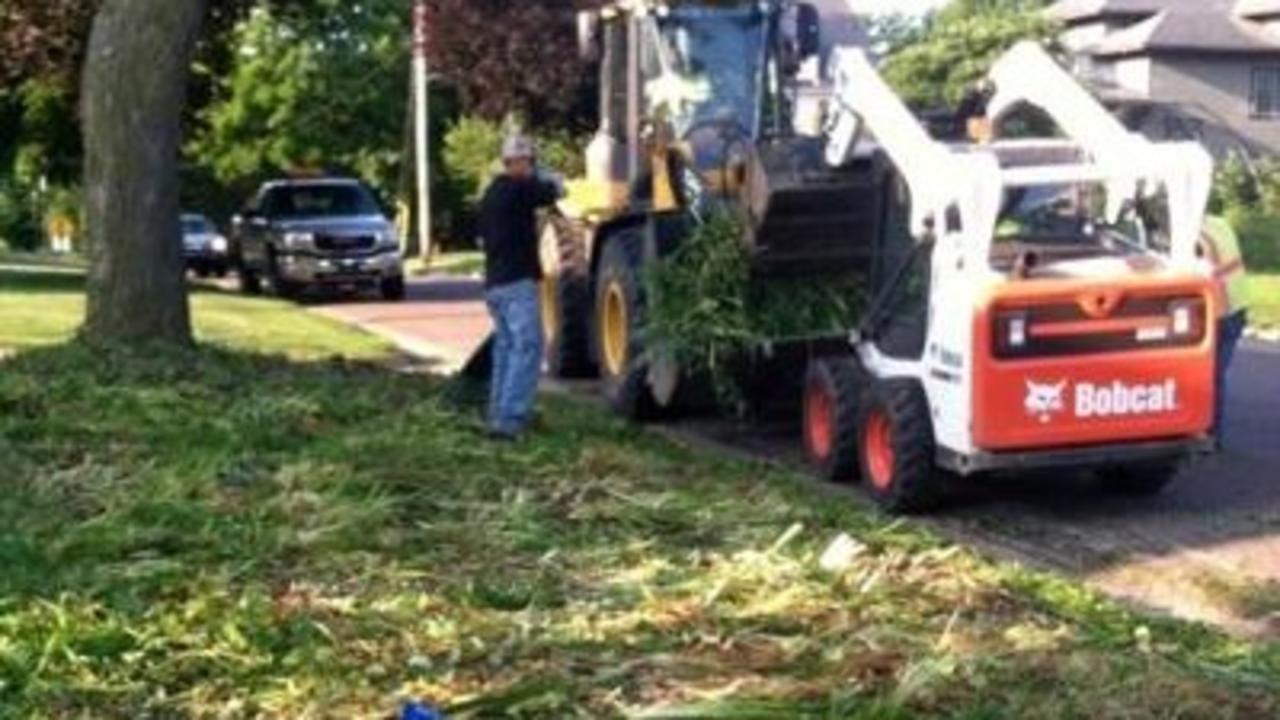Say "Hell no!" to overwhelm and focus on what matters most
Jan 25, 2013
There’s been a bit of a dust-up in my small town since town leaders decided that all plantings on the boulevards have to go: no flowers, no shrubs, no bushes, no rocks—everything has to be pulled out. A group of residents is working to get a more reasonable stance negotiated with the city.
And I started thinking. I could help with that. I could help draft language and help meet with the city leaders and help formulate a workable plan with these other good folks willing to step forward. I care about this; my neighbors and my mom have great boulevards and they’re worth preserving. Besides, my philosophy is that more plants are better.
All of which is completely true. But I have this problem: I try to do too much. I care about everything. And I want to be useful! I want to help!
You already know what happens when I try to take it all on: I am not useful to anyone.
Recently, I’ve been trying something new when I’m about to plunge into another commitment. I’ve been using this simple test that a friend of mine told me about and that I’ve adopted. It’s a great decider.
It goes like this: If your answer isn’t “Hell, yes!” then it has to be “Hell, no!”
This clever little phrase is transforming my thinking about how I do things. Of course there are a million things that are worth doing. But I’ve got to pick the ones that matter most.
I won’t be working on the boulevard work. Even though it is important. Even though I believe in it. Even if my mom’s boulevard has to change.
Alas, I have to constantly remind myself of the finite number of hours and limits of energy in a single day. Does anyone else have to do this so regularly? And in a moment when I’m about to jump in with an email, or a phone call, or when I’m asked to do something, I can do a gut check: Is this a “Hell, yes!”? Because there are plenty of those.
This is one of the reasons that organizations benefit from strategic planning: you lay out all the millions of things that you want to do, and then you start the difficult work of finding the themes and coming up with just a few key, overriding plans or strategies. Everything you do day-to-day fits under the category of one of the strategic planning points.
Most of us can benefit from going through the same kind of planning in our personal lives. What is the most important thing? Do you make time for that?
Because no matter how good you are at juggling and making the best of every moment, there are some realities that we all live within: there remain 24 hours in a day. The days quickly pass into weeks, months, years, and then, a life lived. We get a short time here together to do the most important stuff.
For me, that means
* Loving my kids and giving them the best support I can
* Loving my friends and family and people I meet
* Helping connect people to themselves and to better ways to live. Everything I do falls under these three ideas.
My key ideas are broad and can encompass everything from working to change the food system, to working to alleviate poverty and internal family strife, to helping families grieve death well, to making pizza and ice-cream sundaes on a Friday night. All in a day’s work.
There will be, for me and people like me, always more that pulls me than I can actually do. So I’ll pause before I react with a “yes.” I'll make sure it fits and is a “Hell, yes!”
